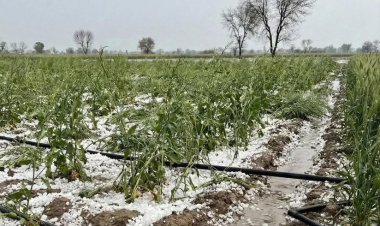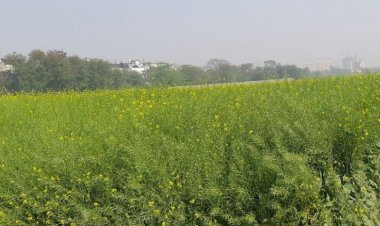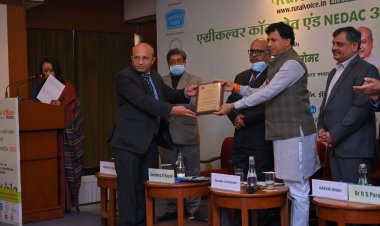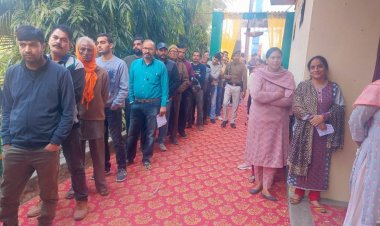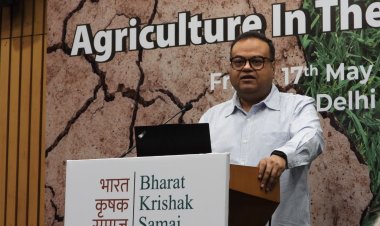Bhavantar and MSP can go together as price support for farmers: NITI Aayog Member Chand
Making a case for limiting the Minimum Support Price (MSP) for meeting the Public Distribution System needs of the government, NITI Aayog Member Professor Ramesh Chand said farmers should be paid for differences between the market and MSP through other schemes like Bhavantar Bhugtan Yojna.
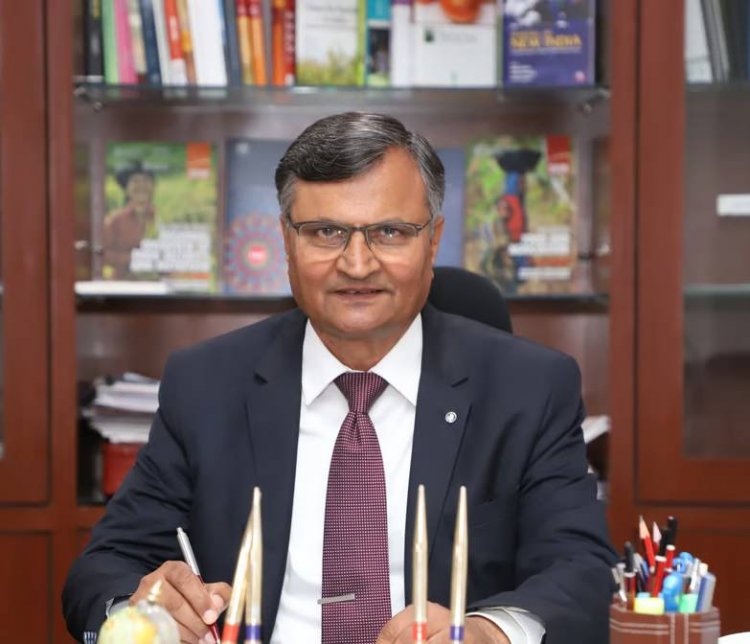
Making a case for limiting the Minimum Support Price (MSP) for meeting the Public Distribution System needs of the government, NITI Aayog Member Professor Ramesh Chand said farmers should be paid for differences between the market and MSP through other schemes like Bhavantar Bhugtan Yojna.
In an interview with the Rural World magazine, Professor Chand said agricultural marketing is still a very complex issue as the production depends heavily on climate. For this reason, there is instability and ups and downs in output, and the problem, though it cannot be wiped out, may be minimized with right market policies.
“There are two sides to the price farmers get for their produce. Firstly, Minimum Support Price (MSP) is received from the government and secondly, the price is received from the market. These two are not competitors of each other, but complement each other. If the market is competitive, farmers will get a fair price, but if production is high, the price falls despite competition,” he said.
Therefore, there is a need for government intervention regarding prices in the market also. “We should take care of two-three things. One thing is that we should not increase the MSP so much that if the farmers can get better prices in the market, then the MSP should not harm them. Secondly, what is the means of giving MSP? In our country it is mostly given through government procurement. Government procurement of grains is also necessary because we need grains for the Public Distribution System (PDS).”
If we need food grains other than PDS, then we need to adopt other means, like Bhavantar Bhugtan Yojana, the idea of which I had given many years ago. Little implementation has been done in Madhya Pradesh and Haryana. Therefore, other such means should also be used which can control the negative impact of MSP.
Asked about the agriculture subsidy, which is a big issue for policy makers and economists given its political implications, he said, “Both have their own advantages and disadvantages… The biggest advantage of subsidy is that it encourages production and brings growth, because most of the subsidies are on inputs. What is important is how the subsidy is given and on what basis. More than the subsidy itself, its negative effects arise from the way the subsidy is delivered. We provide free electricity to farmers for irrigation, this will lead to more water usage and ground water level will go down. Thus, both have negative and positive aspects. We should take a balanced approach keeping all the aspects in mind.”
Commenting on the paradox of ban on export of wheat, rice and sugar despite India achieving self-reliance in food security and becoming a major agricultural exporter, Chand said, “Policies are made keeping in mind the circumstances. If such a situation arises that international prices fluctuate more than the normal fluctuation of 10-15 per cent, then this intervention becomes necessary.
If there is a sudden flood or any natural disaster somewhere in the country, or production gets affected due to certain circumstances, then a policy is taken suddenly to match that situation as has been seen in the case of onion recently. “Had there been no intervention, the prices of onion would have gone up to Rs 100, as was the case earlier.”
He said that food management and controlling food prices become important for both consumers and farmers. Farmers and traders should keep this in mind that if the prices remain within the prescribed limit, the government will not interfere. If it goes above or below that, the government will definitely intervene. Most governments in foreign countries also do this.



 Join the RuralVoice whatsapp group
Join the RuralVoice whatsapp group

















